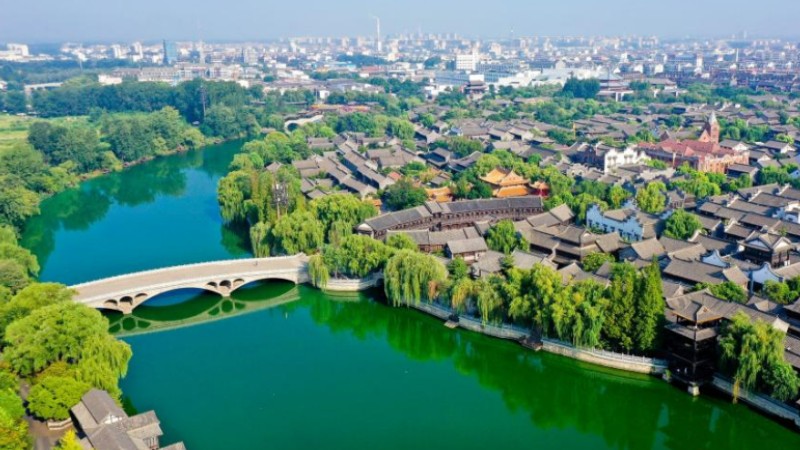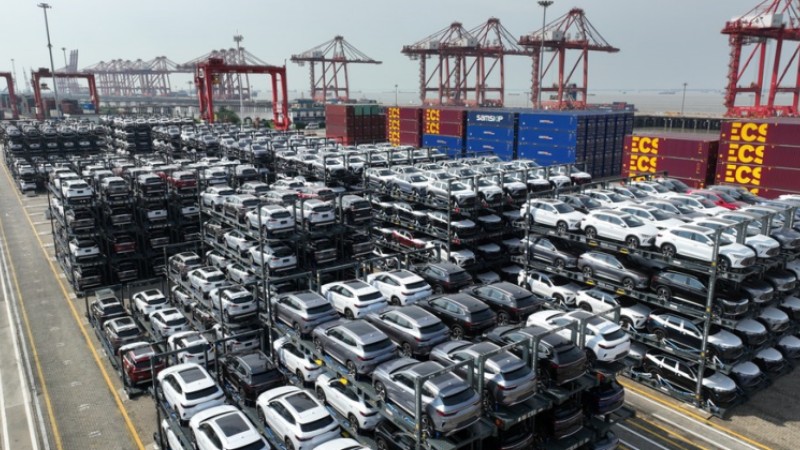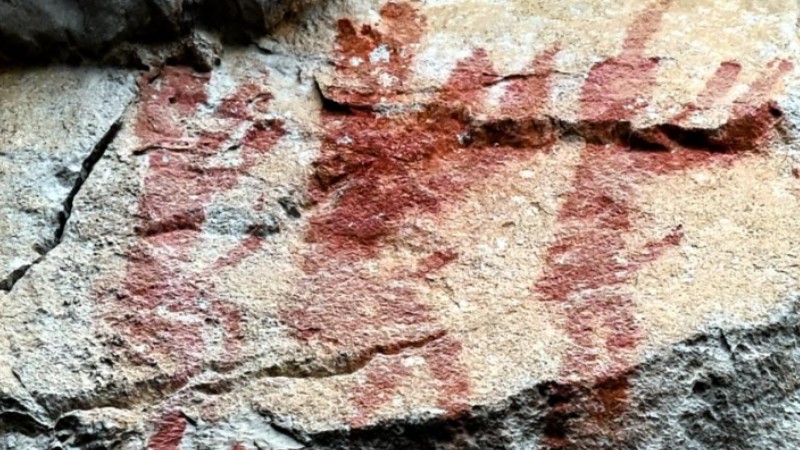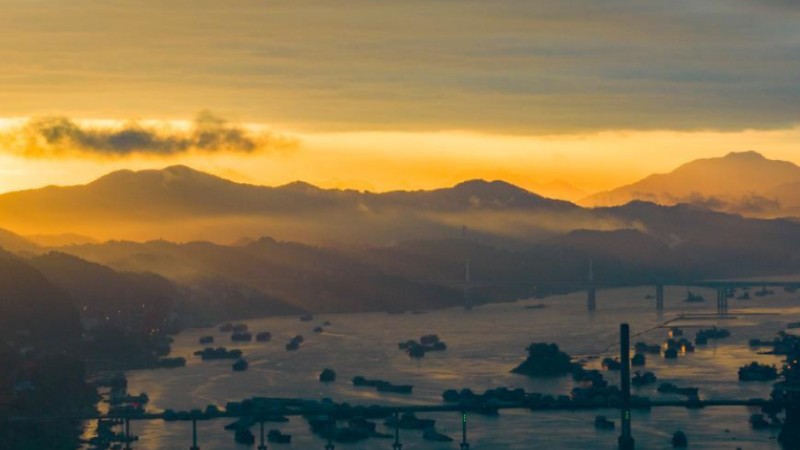Beijing slams Lai's 'stopover' in US
Beijing has strongly opposed the "stopover" in the United States by Lai Ching-te, Taiwan's deputy leader, calling him a "troublemaker through and through" and stating that the move "seriously violates the one-China principle, and gravely undermines China's sovereignty and territorial integrity".
The remarks came after Lai arrived in New York on Sunday on his way to Paraguay — one of only 13 states that retain official ties with Taiwan — to attend the inauguration of the country's new president.
The Foreign Ministry said in a statement on Sunday that China strongly condemns the US decision to arrange the so-called stopover for Lai, who clings stubbornly to the separatist position for "Taiwan independence", in a move that seriously violates the one-China principle.
The Taiwan question is at the core of the core interests of China, the bedrock of the political foundation of China-US relations, and the first red line that must not be crossed in China-US relations, the ministry said.
Urging the US to stop fudging and hollowing out the one-China principle, it said Beijing is closely following the developments of the situation and will take resolute and strong measures to safeguard its sovereignty and territorial integrity.
Zhu Fenglian, spokeswoman for the Taiwan Affairs Office of the State Council, said in a statement on Sunday that "under the guise of so-called transit, Lai engages in activities that aim to betray Taiwan's interests and seek personal gains by selling out the island to the US".
"These actions not only harm the interests of the people on the island but also the peace and stability across the Taiwan Strait, making him a complete troublemaker," she said.
Zhu said "Taiwan independence" is incompatible with peace and stability across the Taiwan Strait, and the actions of the separatist forces run counter to the mainstream opinion on the island, which seeks peace, development, communication and cooperation with the mainland.
Ultimately, such actions will only push Taiwan into a dangerous situation of conflict and jeopardize the well-being of the Taiwan people, she said.
A group of Taiwan residents gathered at the airport where Lai set off on Saturday to protest his visit to the US. They shouted slogans accusing Lai of relying on the US to seek "independence" and colluding with the US to destroy Taiwan.
Chi Chia-lin, who heads the Reunification Alliance Party in Taiwan, joined the protest and said the US has betrayed its commitment to Beijing, and that it has been frequently arranging the so-called "transit" trips for island politicians.
"We will tell the world that we support the reunification of the two sides of the Strait, and call on Lai to face up to our voice for cross-Strait peace," he said.
Lai, 63, Taiwan's ruling Democratic Progressive Party's 2024 leadership candidate, has previously called himself a pragmatic worker for "Taiwan independence". Last month he claimed "entering the White House" was his aim, which led to the US immediately seeking a clarification from him.
Arriving at an airport in the US, Lai was greeted by Ingrid Larson, managing director of the American Institute in Taiwan's Washington office. He was scheduled to make another stopover in the US on his way back to Taiwan.
Lai's trip follows Taiwan leader Tsai Ing-wen's "transit" in the US in April, which prompted counter-measures including large-scale military drills by the People's Liberation Army.
Ji Ye, deputy director of Xiamen University's Graduate Institute for Taiwan Studies, said the "transit" happened against the backdrop of an increasingly strategic competition between China and the US.
He said that with Taiwan's regional election scheduled in January and the US presidential election scheduled at the end of next year, the Taiwan question is expected to become a focal point of political campaigns, adding greater uncertainty to the situation across the Taiwan Strait.
Under these circumstances, Beijing is expected to see increased pressure in the coming months to safeguard the one-China principle, and the battle against separatism and interference will likely intensify, he added.
Photos
Related Stories
- China holds cultural and tourism event in L.A. following resumption of group tours
- Xinhua president meets AP counterpart
- China strongly condemns U.S. decision to arrange so-called "stopover" for Lai Ching-te
- Commentary: Hype of China's "economic coercion" yet another testament to U.S. coercive diplomacy
- 'Decoupling' more detrimental to US tech
- Timeline: How US' military collusion turns Taiwan into 'powder keg'
- China opposes U.S. deployment of cyber forces in neighboring countries: FM spokesperson
- Commentary: Washington cannot afford a tech divorce from China
- Interview: Biden's new ban on China "aimed in wrong direction," says U.S. professor
- China urges U.S. to revoke so-called act on trade with Taiwan
Copyright © 2023 People's Daily Online. All Rights Reserved.









